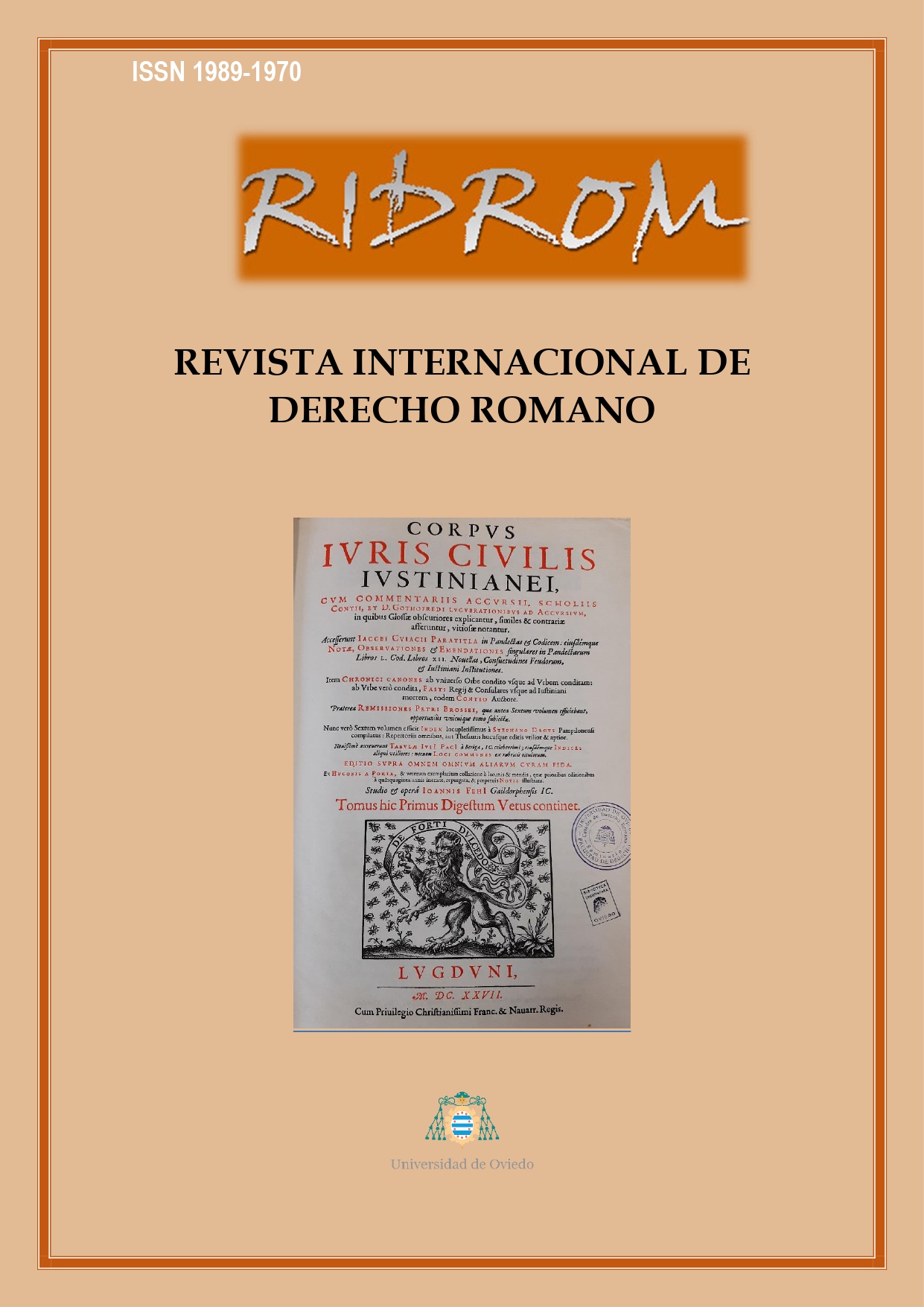Abstract
The study of certain practices related to the world of the supernatural in antiquity is a way of approach to culture, society and power throughout history. "Religion", "magic" and "superstition" are means of connection between man and the spiritual world, focused in different ways throughout history. The Roman was deeply superstitious man. Throughout the Empire are installed in Roman culture an amalgam of rites and beliefs, including Christianity, which bloom in the crisis of the third century, transforming the social, cultural and legal. Diocletian is reacting to all this. Not only persecuted Christians but also the followers of Mani, to the alchemists and astrologers. Traditionally there are two explanations complement each other: the Diocletian’s superstition (influenced or not by his colleagues), who is credited with many other acts and regulations imperial and the need to strengthen the adhesion around the new system established power (the Dominate) through a return to traditional religion. But next to it be a purely political, as the center of all these beliefs was the city of Alexandria, where there was a particularly cruel repression and at the same time had been the source of Domitian Domitius insurrection against Tetrarchy..Downloads
Download data is not yet available.

